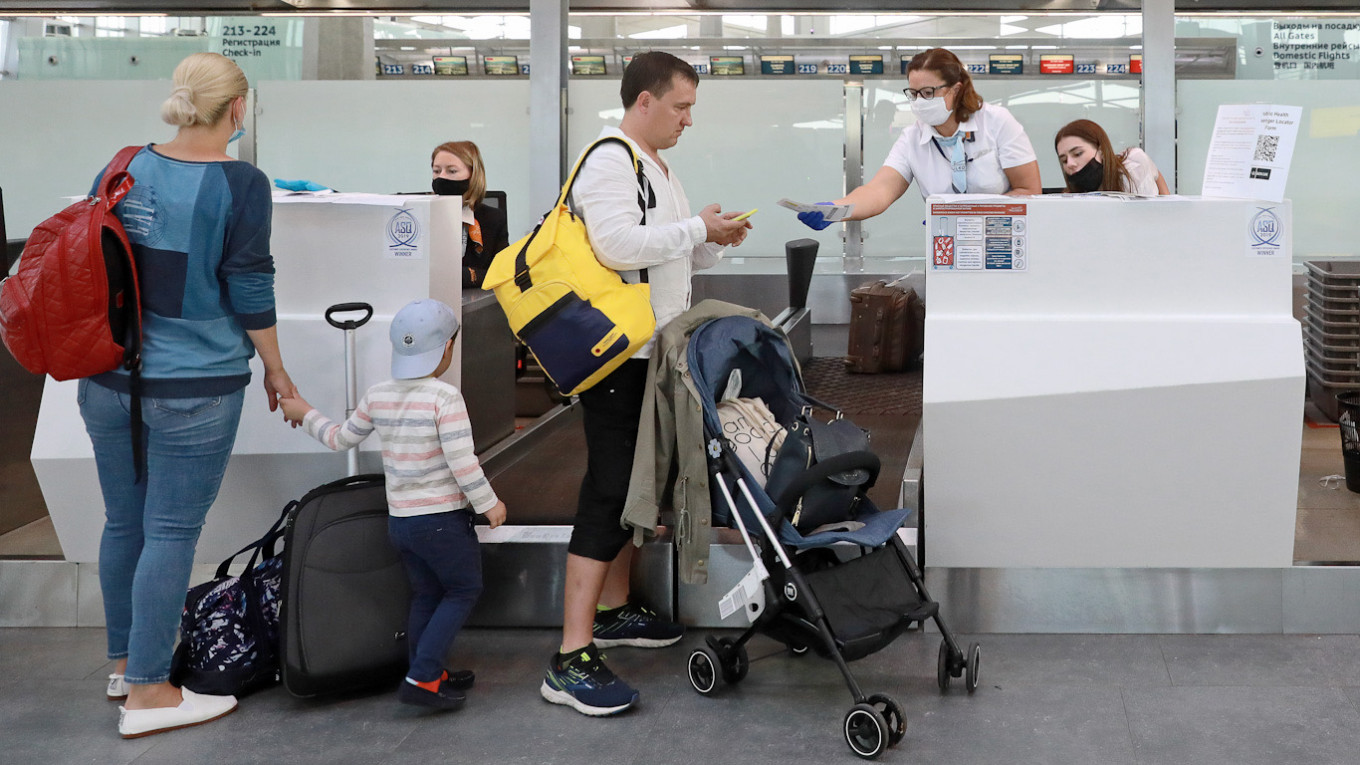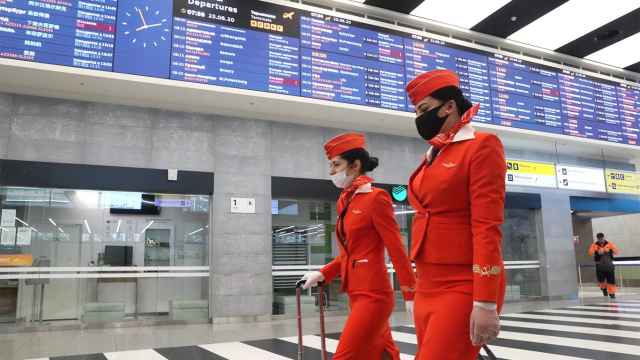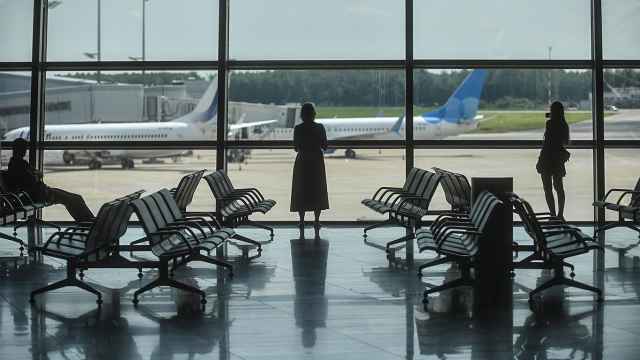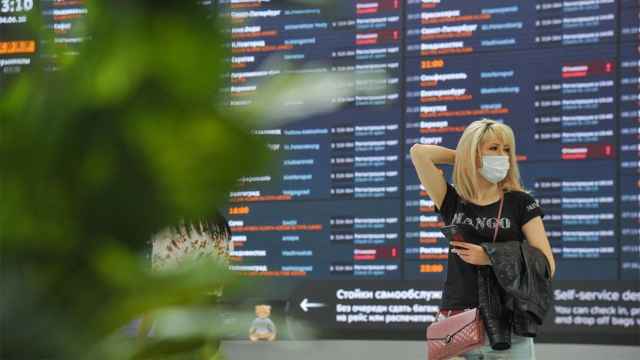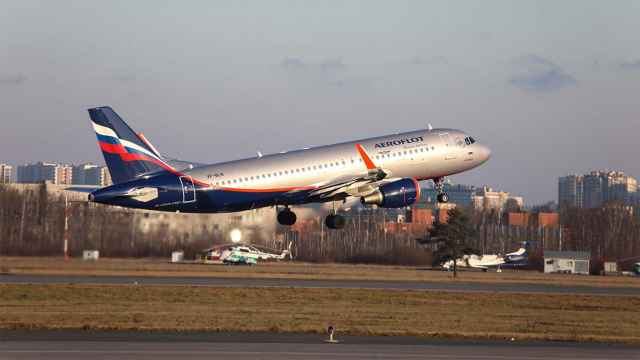Russia has gradually moved to re-open its borders after grounding nearly all international flights this spring due to the coronavirus pandemic.
On Aug. 1, Russia resumed direct flights to Tanzania, Turkey, and the U.K. Nearly four months later, regular international flights connect Russia with more than 15 countries, including recently re-instated air links with Ethiopia and Seychelles.
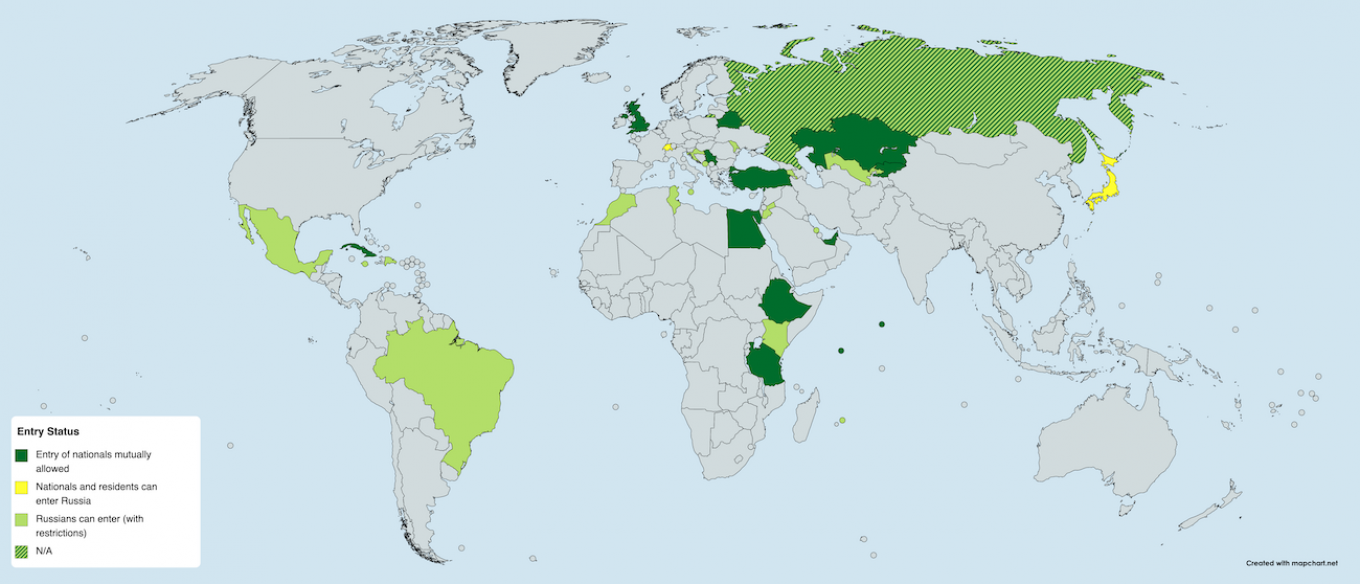
Though Russia’s daily coronavirus case numbers continue to rise, the government has given no indication that it plans to close its borders again like it did in the spring. President Vladimir Putin also assured the public that the government has no plans for reverting to strict nationwide lockdown during the second wave.
Despite this, most foreigners are still not able to enter Russia, while foreign travel options for Russians also remain scarce.
Here’s a closer look at Russia’s entry and exit rules:
Who can visit Russia?
Nationals and residency holders of countries with which Russia has resumed direct air traffic are allowed to enter Russia, given they have a valid visa or other required travel documents and arrive in Russia directly from the respective country of their citizenship or residency.
Currently, this rule includes the following countries: Belarus, Cuba, Egypt, Ethiopia, Kazakhstan, Kyrgyzstan, the Maldives, Serbia, Seychelles, South Korea, Switzerland, Tanzania, Turkey, the UAE, Britain and Japan.
The following categories of foreign citizens can also travel to Russia, according to the Foreign Ministry:
- Russian permanent residency holders,
- Immediate family members, spouses and legal guardians of Russian nationals, provided that they have documents confirming their relations,
- Relatives of a critically ill or deceased person, provided that they have documents confirming their relations,
- Foreigners seeking medical treatment,
- Foreigners working in professions that fall under the “highly qualified specialists” category,
- Diplomats, members of intergovernmental commissions, committees or special delegations, as well as their family members,
- Holders of private visas issued by the Foreign Ministry.
What documents do I need?
- Foreign travelers must present English or Russian-language proof that they have tested negative for the coronavirus less than 72 hours before arriving in Russia.
- Russian nationals are required to complete an entry form on the gosuslugi.ru portal and then upload their PCR test results within 72 hours of arrival in Russia. Travelers are required to self-isolate until a negative test result is received.
- All incoming passengers must present a completed health declaration form, which is most commonly provided by flight attendants onboard an aircraft.
Which countries can Russians travel to?
Most countries that have agreed to resume direct air travel with Russia have done so on a reciprocal basis, meaning most Russians are also allowed to travel there, given they comply with existing quarantine and visa regulations. The rule does not apply to Japan and Switzerland, which permit entry only to certain types of visa holders and residents.
Despite the reopening of some direct flights to Cyprus, Greece and Iran, Russian tourists are not yet permitted to enter these countries.
Those who don’t mind layovers or are simply eager to embark on a multi-country trip after months in Russia have a much more comprehensive selection.
Countries that currently allow Russians to enter include Albania, Bahrain, Croatia, the Dominican Republic, Morocco and Mexico. Quarantine and test requirements vary by destination. Some governments even require tourists to spend a certain amount of time in a designated low-risk country before arrival, while others allow them to enter only as part of a pre-arranged tour.
A Message from The Moscow Times:
Dear readers,
We are facing unprecedented challenges. Russia's Prosecutor General's Office has designated The Moscow Times as an "undesirable" organization, criminalizing our work and putting our staff at risk of prosecution. This follows our earlier unjust labeling as a "foreign agent."
These actions are direct attempts to silence independent journalism in Russia. The authorities claim our work "discredits the decisions of the Russian leadership." We see things differently: we strive to provide accurate, unbiased reporting on Russia.
We, the journalists of The Moscow Times, refuse to be silenced. But to continue our work, we need your help.
Your support, no matter how small, makes a world of difference. If you can, please support us monthly starting from just $2. It's quick to set up, and every contribution makes a significant impact.
By supporting The Moscow Times, you're defending open, independent journalism in the face of repression. Thank you for standing with us.
Remind me later.


